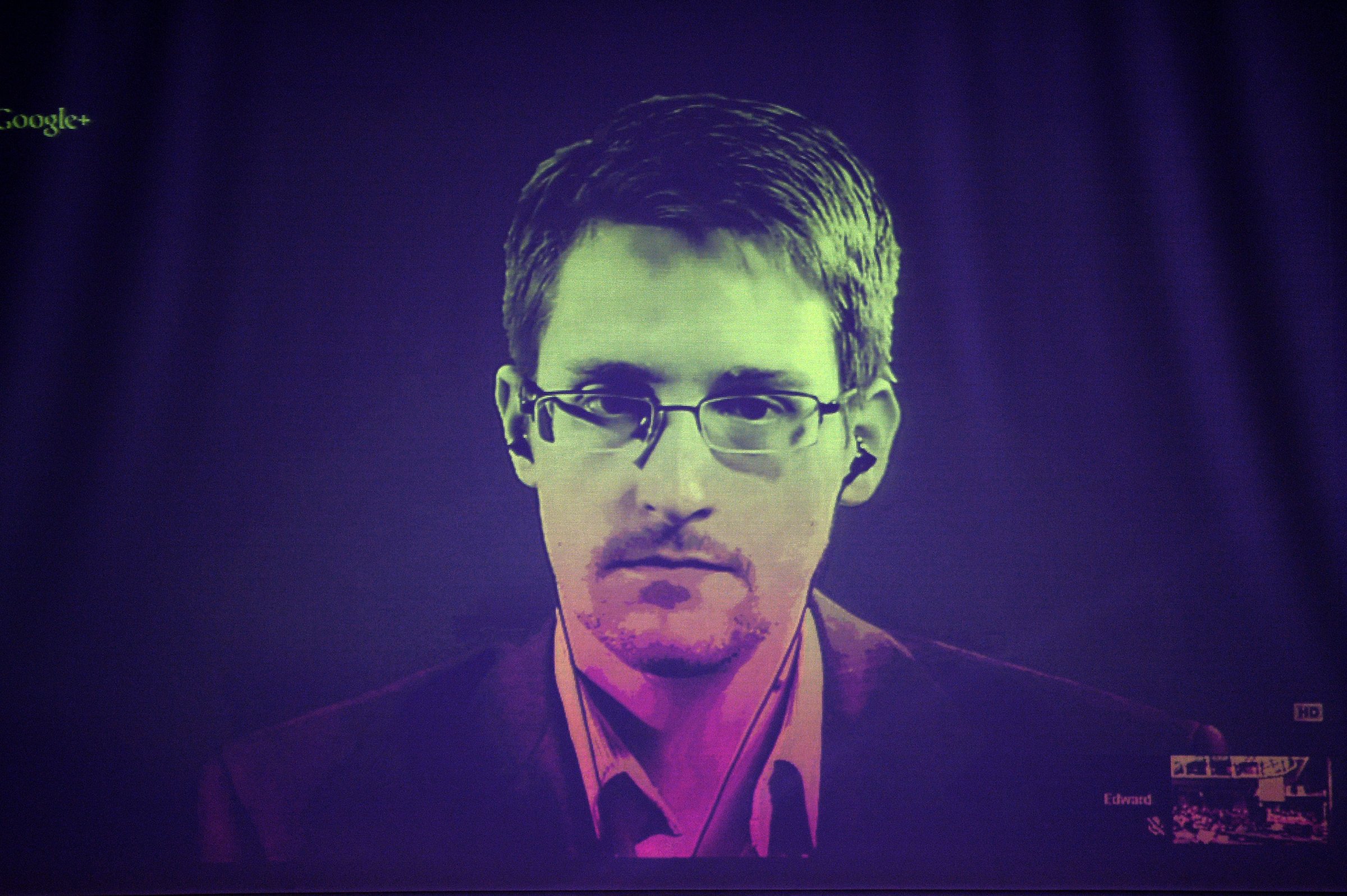
The yearlong debate over the leak of National Security Agency documents by former contractor Edward Snowden has divided the world into two camps. One sees Snowden as a patriotic public servant and believes the NSA programs he revealed are unjustified threats to civil liberties. The other sees Snowden as a traitor and views the NSA programs as necessary for national security.
Two reports this week raise a third possibility: that on balance, both the NSA collection programs and Snowden’s revelations have done more to advance the public good than to harm it.
On July 1, the independent agency charged with overseeing U.S. intelligence and counterterrorism programs to ensure they don’t infringe on privacy and civil liberties found the core of the NSA’s Internet collection programs did neither. In a 196-page report, the Privacy and Civil Liberties Oversight Board found both the NSA’s collection of Internet traffic from service providers, and the agency’s tapping of undersea cables, complied with the Constitution and Congress’s privacy protections for U.S. persons, and were therefore legal. It further found that the programs were valuable (two board members called them “extremely valuable”) for foreign intelligence and counterterrorism:
Presently, over a quarter of the NSA’s reports concerning international terrorism include information based in whole or in part on Section 702 collection.
On the other side of the equation, the PCLOB report comes less than a week after Adm. Michael Rogers, the head of the NSA, told the New York Times that while the damage done by Snowden was real, he did not believe “the sky is falling” as a result. Earlier in June, Director of National Intelligence James Clapper told the Washington Post that “we think that a lot of what [Snowden] looked at, he couldn’t pull down,” and that “it doesn’t look like [Snowden] took as much” as first thought.
Taken together, the reports raise the possibility that the NSA programs continue to contribute to U.S. national security and that the damage done by Snowden’s leaks is offset by the public awareness of and debate about surveillance.
There are, of course, qualifiers to such a best-of-both-worlds view. For starters, the PCLOB report raised concerns about how the NSA, CIA and FBI search the data once it is collected from the Internet and recommended in some cases curtailing those searches. In January, the PCLOB found that the NSA’s telephone metadata records program was effectively illegal and should be ended. And no one can seriously look at the Snowden revelations without considering the possibility that they damaged national security. A large majority of security experts recently polled by National Journal believe the damage caused by the leaks is greater than the public value of Snowden’s revelations.
But the PCLOB said it had not seen any evidence of “bad faith or misconduct” in either the NSA’s Internet collection program or the telephone metadata program: for all the speculative fear of a dystopian future, no one has been maliciously targeted, and the programs haven’t been hijacked by a malevolent Nixonian seeking political advantage. At the same time, Snowden’s revelations have initiated a broad, bipartisan public debate over government surveillance, and he has advanced the idea that in the digital age, privacy is always in play (including the commercial collection and sale of data on virtually every household in the country, as the Federal Trade Commission recently reported).
This may all sound Panglossian, but it fits with the conclusions of the late Senator Daniel Patrick Moynihan, scourge of secrecy, who believed there were many things that “should be made secret, but then released as soon as the immediate need has passed.” Standing at the threshold of the digital age in 1997, Moynihan declared:
In one direction we can reach out and touch the time when the leaders of the Soviet Union thought that the explosion at the nuclear reactor in Chernobyl could be kept secret from the rest of the world. In the other direction we can see a time — already upon us — when fourteen-year-old hackers in Australia or Newfoundland can make their way into the most sensitive areas of national security or international finance. The central concern of government in the future will not be information, but analysis. We need government agencies staffed with argumentative people who can live with ambiguity and look upon secrecy as a sign of insecurity.
At the least, the new reports raise the possibility that neither side in the continuing debate over Snowden’s revelations has the absolute high ground when it comes to the defense of the public good.
More Must-Reads from TIME
- Donald Trump Is TIME's 2024 Person of the Year
- TIME’s Top 10 Photos of 2024
- Why Gen Z Is Drinking Less
- The Best Movies About Cooking
- Why Is Anxiety Worse at Night?
- A Head-to-Toe Guide to Treating Dry Skin
- Why Street Cats Are Taking Over Urban Neighborhoods
- Column: Jimmy Carter’s Global Legacy Was Moral Clarity
Contact us at letters@time.com